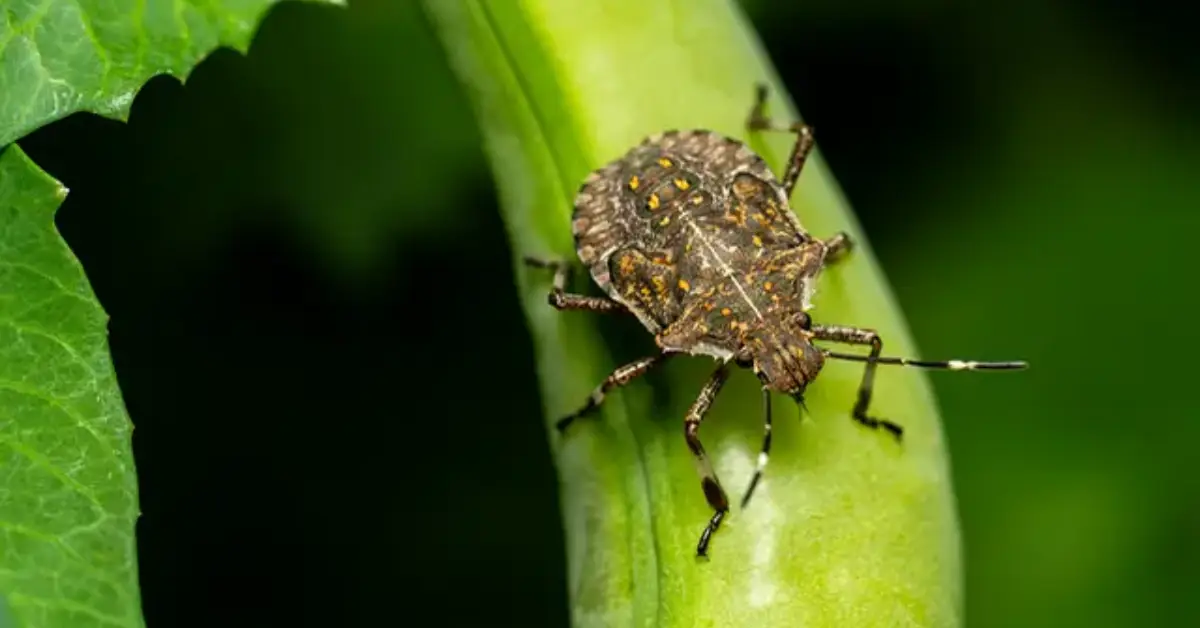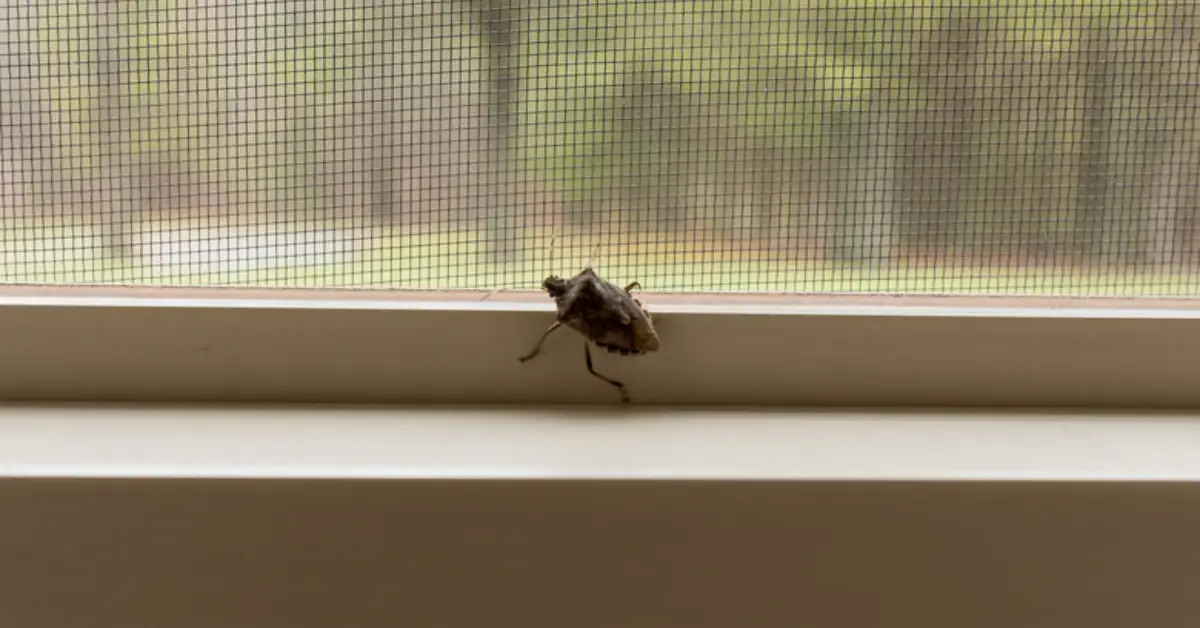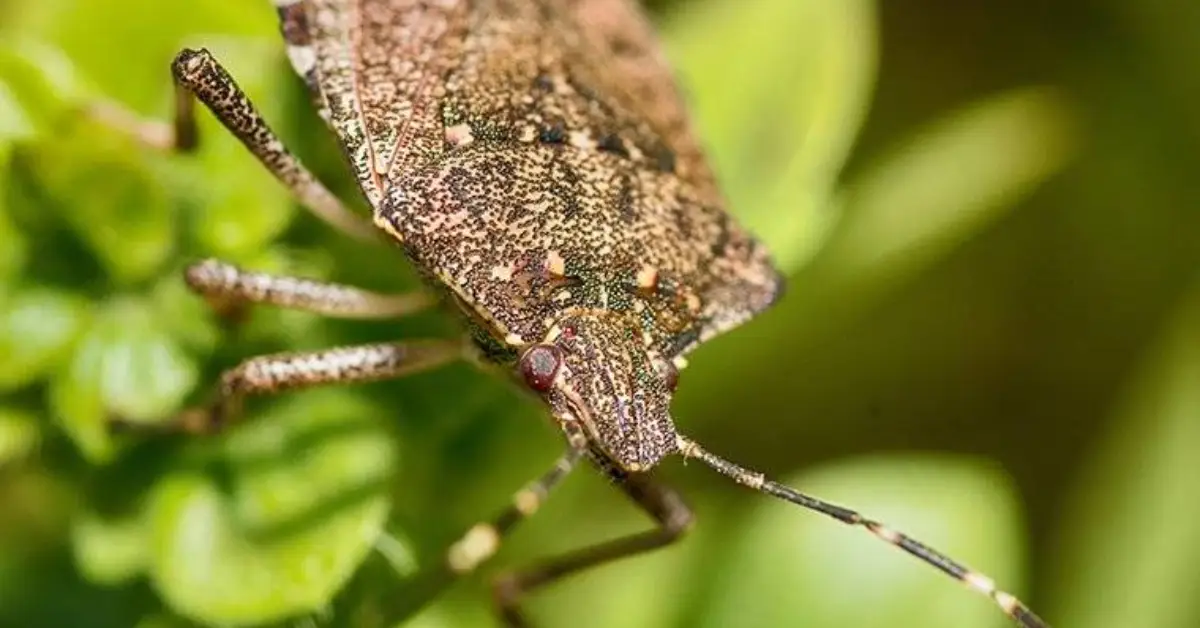10 Natural Ways to Get Rid of Stink Bugs in Your Home
If you’ve ever found yourself swatting at the stink bugs in your home, you’re not alone. These pesky little creatures seem to appear out of nowhere, especially as the weather starts cooling down. The problem? Not only do they stink (literally!), but they can also be tricky to get rid of once they’ve settled in.
The good news is that you don’t have to rely on harsh chemicals or expensive pest control treatments to keep your home stink bug-free. In fact, you can solve the problem with natural methods that are not only effective but also safe for your family and pets.
I’m going to walk you through 10 simple, eco-friendly solutions that you can easily implement. Whether it’s a DIY trap you can make from items you already have at home or a natural repellent that will keep stink bugs at bay, these tips will help you take control of the situation—without the toxic chemicals.
Understanding Stink Bugs: Why They Invade Your Home
What Attracts Stink Bugs to Your Home
If you’ve ever wondered why stink bugs seem to show up at the same time every year, you’re not imagining it. These little creatures are most active in the fall, when they’re looking for a warm place to ride out the colder months. Here’s what typically attracts them:
- Warmth: Stink bugs love warmth, and your home offers the perfect cozy spot for them to hibernate through winter.
- Light: Like many pests, stink bugs are drawn to light, which is why you might find them near windows or porch lights.
- Smell of Plants: They’re also attracted to plants, especially the ones they’ve fed on outside. If you’ve got indoor plants, they might be more likely to settle in.
Seasonal changes also play a big role. As the weather cools, stink bugs instinctively seek shelter, and that’s when you’ll notice them creeping into your home through cracks, vents, or open windows. They’re not picky about where they enter, so any small gap is an invitation.
A study on stink bug behavior and migration patterns explains their seasonal movement and attraction to warmth.
Are Stink Bugs Harmful?

You may be wondering: Are stink bugs dangerous?
The good news is that stink bugs aren’t harmful to humans. They don’t bite, and they don’t carry diseases that pose a threat. However, that doesn’t mean they’re completely harmless.
- No health risks: They don’t transmit diseases or cause bites.
- Odor: The most significant nuisance is their odor. When threatened or squashed, stink bugs release a foul smell, which can linger for a while.
- Damage to Plants: While not a direct danger to humans, stink bugs can damage plants in your garden or indoor plants by feeding on them. They suck sap from fruits and vegetables, which can lead to deformities.
So, while they won’t hurt you physically, the smell and the potential damage to your plants make stink bugs unwelcome guests. And, let’s face it, no one wants a house full of smelly pests.
10 Best Natural Solutions for Stink Bugs
This section is the heart of the article. Each tip provides a practical, easy-to-implement solution that fits perfectly with an eco-friendly, pet-safe lifestyle. Say goodbye to chemicals and embrace natural methods that protect both your home and the environment.
1. Use Essential Oils as a Natural Repellent
Essential oils like peppermint, citronella, and eucalyptus are well-known for their pest-repelling properties. Studies have shown that these oils can effectively deter stink bugs from entering your home. Here’s how to make a DIY spray:
- Ingredients: 10 drops of peppermint oil, 10 drops of citronella oil, 1 tablespoon of dish soap, and 1 cup of water.
- Instructions: Mix all ingredients in a spray bottle and shake well. Spray the solution around windows, doors, and cracks where stink bugs are likely to enter.
If you’re looking for more natural ways to deal with household pests, you might also want to check out our 10 DIY Methods for Roach-Free Living—without relying on chemicals.
2. Create a DIY Stink Bug Trap
You can create your own stink bug traps with simple household items like vinegar or soapy water. These natural traps will attract and capture stink bugs, allowing you to dispose of them without harming the environment. Here’s an easy method:
- Ingredients: A shallow dish, apple cider vinegar, and dish soap.
- Instructions: Fill the dish with apple cider vinegar and add a few drops of dish soap. The vinegar attracts the bugs, while the soap traps them.
DIY traps are great for tackling stink bugs, but if you’re dealing with other common pests in your home, you can learn how to naturally get rid of fleas with simple methods in our guide: 10 Easy Ways to Get Rid of Fleas in Your Home.
Social media shows many people having success with this method, with users posting about how they’ve captured dozens of stink bugs in a single day.
3. Seal All Entry Points
One of the most effective ways to prevent stink bugs from entering your home is to seal cracks and crevices. You can use natural sealants like beeswax or eco-friendly caulk. Here’s how:
- Inspect windows, doors, and vents for gaps.
- Use beeswax to seal small cracks or eco-friendly caulk for larger ones.
- Check and reseal after a season or two.
Insight Pest Northwest mentions that sealing cracks is a critical first step in preventing pest invasions.
4. Utilize Diatomaceous Earth
Diatomaceous earth is a safe, natural powder that repels pests, including stink bugs. It works by dehydrating them when they come into contact with it. Sprinkle it around windows, doors, and entry points to keep stink bugs at bay.
- How to use: Lightly dust the powder along baseboards, window sills, or anywhere stink bugs might enter.
5. Install Screens on Windows and Vents

Prevent stink bugs from entering your home in the first place by reinforcing your window and vent screens. This simple preventive measure can stop a lot of unwanted pests from getting inside.
Sealing entry points can prevent many pests, but if you’re looking to also keep spiders at bay, try these 10 Simple Tips to Make Your Home Spider-Free.
6. Encourage Natural Predators
Encouraging beneficial insects like ladybugs can help control stink bugs naturally in your garden. Ladybugs feed on aphids and other pests that stink bugs also target, reducing their population.
Gardeners who integrate predator plants, such as marigolds, alongside ladybugs, see significant reductions in pest problems.
7. Use Garlic Spray
Garlic has natural repellent properties, making it another great ingredient for homemade sprays. Here’s a quick recipe:
- Ingredients: 1 bulb of garlic, 1 liter of water, and 1 tablespoon of dish soap.
- Instructions: Blend the garlic with water, strain the mixture, and add soap. Spray around your home to deter stink bugs.
You can find many successful stories shared on social media about how garlic sprays have helped people keep stink bugs away.
8. Try Hot Pepper Solutions
Capsaicin, the active ingredient in chili peppers, is a potent natural deterrent. Create your own hot pepper spray by following these steps:
- Ingredients: 2 tablespoons of crushed red pepper flakes, 1 liter of water.
- Instructions: Boil the water with pepper flakes for 10 minutes. Strain, let cool, and spray around entry points.
9. Use Citrus Peels or Lemon-Based Spray
Stink bugs dislike the strong scent of citrus. You can create a simple citrus-based spray by adding lemon juice to water or using citrus peels in areas where stink bugs gather.
10. Maintain a Clean Home
A tidy home makes it harder for stink bugs to find hiding spots. Focus on natural cleaning methods, such as vinegar or baking soda, to keep their environment unappealing. Make sure to remove any leftover food or clutter that could attract them.
When to Call a Professional for Stink Bug Control

Identifying the Severity of Infestation
While natural solutions work wonders for smaller, occasional infestations, there are times when you might need professional help. If you’ve tried DIY methods but still see stink bugs appearing in large numbers, it may be time to consult a pest control expert.
- Early Stages: For small infestations, DIY methods like sealing entry points and using natural repellents can be highly effective.
- Moderate Infestations: If you notice more than a handful of stink bugs inside your home, it’s worth calling a professional to evaluate the situation. They can help identify the source of the infestation.
- Severe Infestations: If stink bugs are swarming your home or damaging plants, a pest control expert can implement more targeted strategies. These professionals often use integrated pest management (IPM) techniques, which combine both natural and chemical solutions when necessary.
Final Thoughts: A Stink Bug-Free Home Naturally
By now, you’ve learned that keeping your home stink bug-free doesn’t have to mean using toxic chemicals. Natural solutions are not only safer for your home and family but also more sustainable for the environment. Whether you choose essential oils, garlic spray, or diatomaceous earth, these simple, eco-friendly remedies provide effective protection against stink bugs.
Remember, consistency is key. Seal entry points, use natural repellents, and maintain a clean home to make it an inhospitable environment for stink bugs. If your problem becomes overwhelming, don’t hesitate to call in the professionals who can offer a comprehensive solution.
Stink bugs don’t have to take over your home, and with the right natural methods, you can keep them out for good!
Have you tried any of these natural solutions? Or do you have your own tried-and-true methods for keeping stink bugs at bay? Share your experiences in the comments below!
For more tips on home improvement and pest control, visit Build Like New.
Disclaimer: The information provided in this article is for general informational purposes only. While the natural methods mentioned are effective for many, results may vary depending on the severity of the infestation. Always consult with a professional pest control expert if you’re dealing with a severe infestation or if you have concerns about the safety of your home and family.


